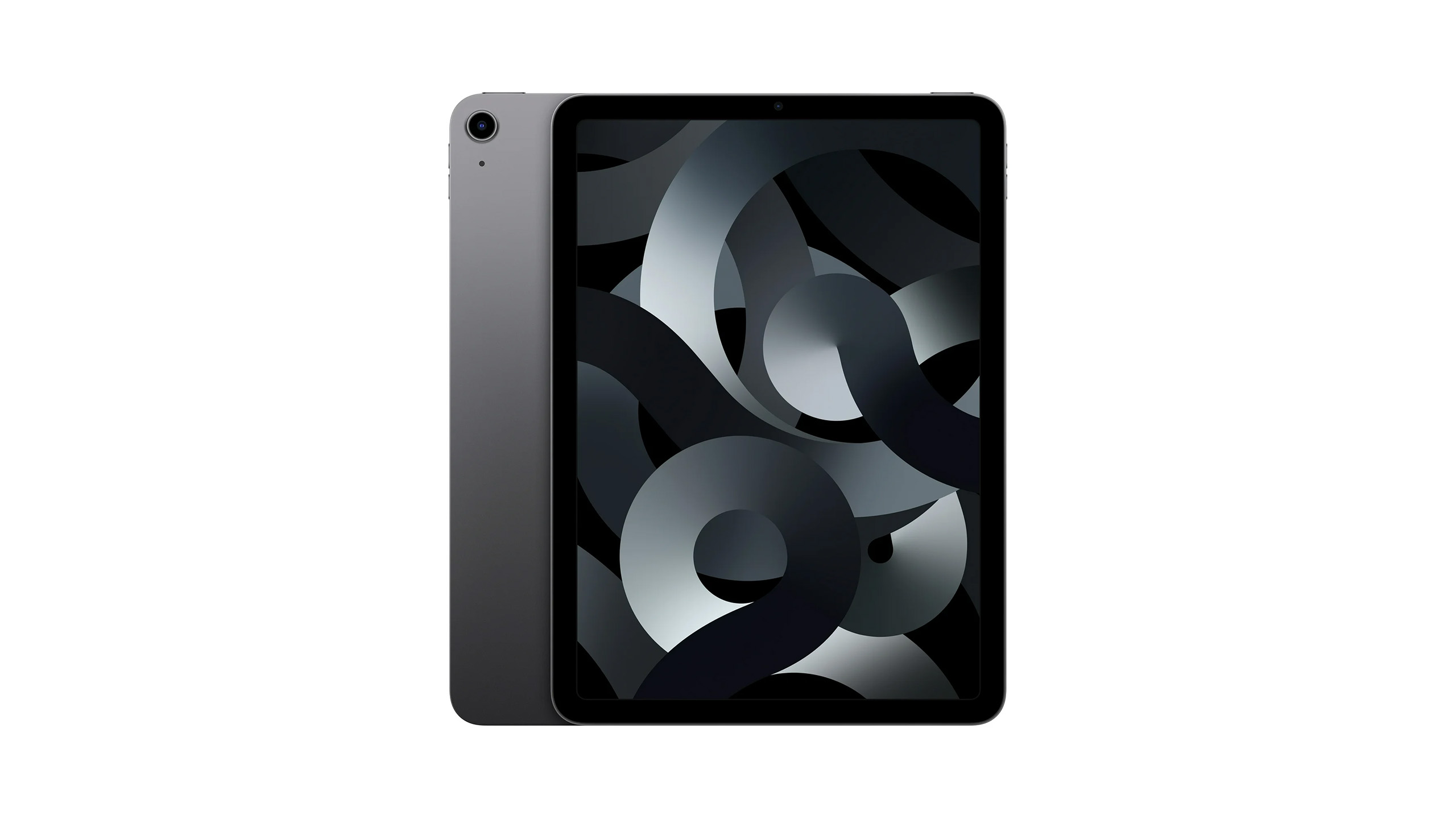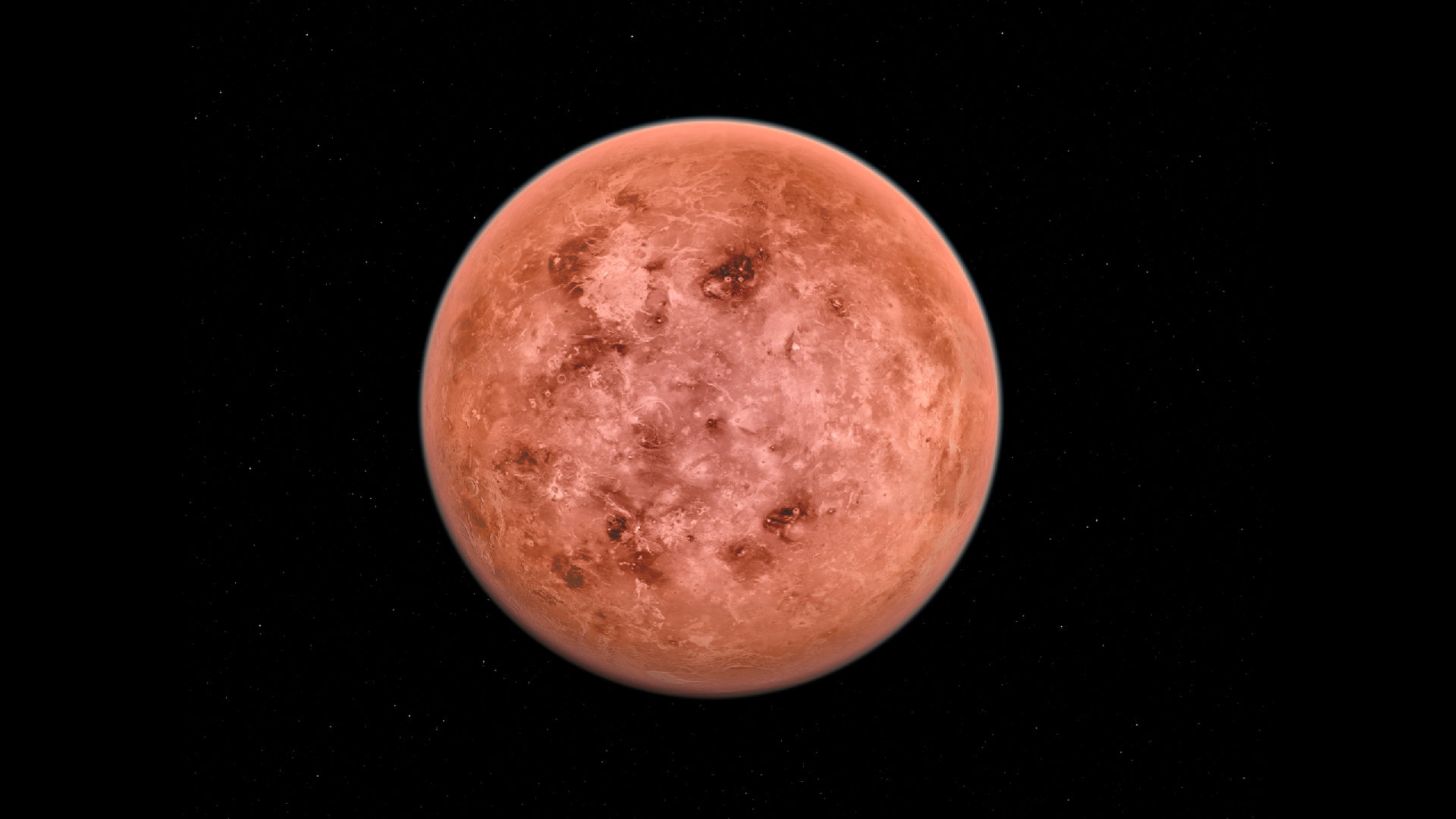Plants, Vol. 12, Pages 662: Promising Bioregulators for Higher Water Productivity and Oil Quality of Chia under Deficit Irrigation in Semiarid Regions
Plants doi: 10.3390/plants12030662
Authors: Chowdasandra Byregowda Harisha Vijaykumar B. Narayanpur Jagadish Rane Vasant M. Ganiger Sugooru M. Prasanna Yeragenahalli Chandrashekaharappa Vishwanath Sanjeevraddi G. Reddi Hanamant M. Halli Karnar Manjanna Boraiah Patil Siddanagouda Basavaraj Eman A. Mahmoud Ryan Casini Hosam O. Elansary
Appropriate water management practices are essential for the successful cultivation of chia in water-scarce situations of semiarid regions. This is highly essential when new crops such as chia are introduced for ensuring diversity and water saving. Therefore, field trials (2020–21 and 2021–22) were conducted to understand the impact of deficit irrigation and bioregulators (BRs) on the seed yield, water productivity, and oil quality of chia. The effect of foliar application of BRs such as thiourea (TU; 400 ppm), salicylic acid (SA; 1.0 mM), potassium nitrate (KN; 0.15%), potassium silicate (KS; 100 ppm), kaolin (KO; 5%), and sodium benzoate (SB; 200 ppm) were monitored at different levels of irrigation: 100 (I100), 75 (I75), 50 (I50), and 25 (I25) percent of cumulative pan evaporation (CPE). Deficit irrigation at I25, I50, and I75 led to 55.3, 20.1, and 3.3% reductions in seed yield; 42.5, 22.5, and 4.2% in oil yield; and 58.9, 24.5, and 5.7% in omega–3 yield, respectively, relative to I100. Bioregulators could reduce the adverse impact of water deficit stress on seed, oil, and omega–3 yield. However, their beneficial effect was more conspicuous under mild water stress (I75), as revealed by higher seed yield (4.3–6.9%), oil yield (4.4–7.1%), and omega–3 yield (4.7–8.5%) over control (I100 + no BRs). Further, BRs (KN, TU, and SA) maintained oil quality in terms of linolenic acid and polyunsaturated fatty acid contents, even under mild stress (I75). Foliar application of KN, TU, and SA could save water to an extent of 36–40%. Therefore, the adverse impact of deficit irrigation on seed, oil, and omega–3 yields of chia could be minimized using BRs such as KN, TU, and SA, which can also contribute to improved water productivity.

 1 year ago
30
1 year ago
30


